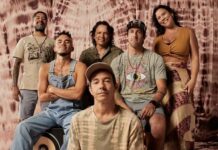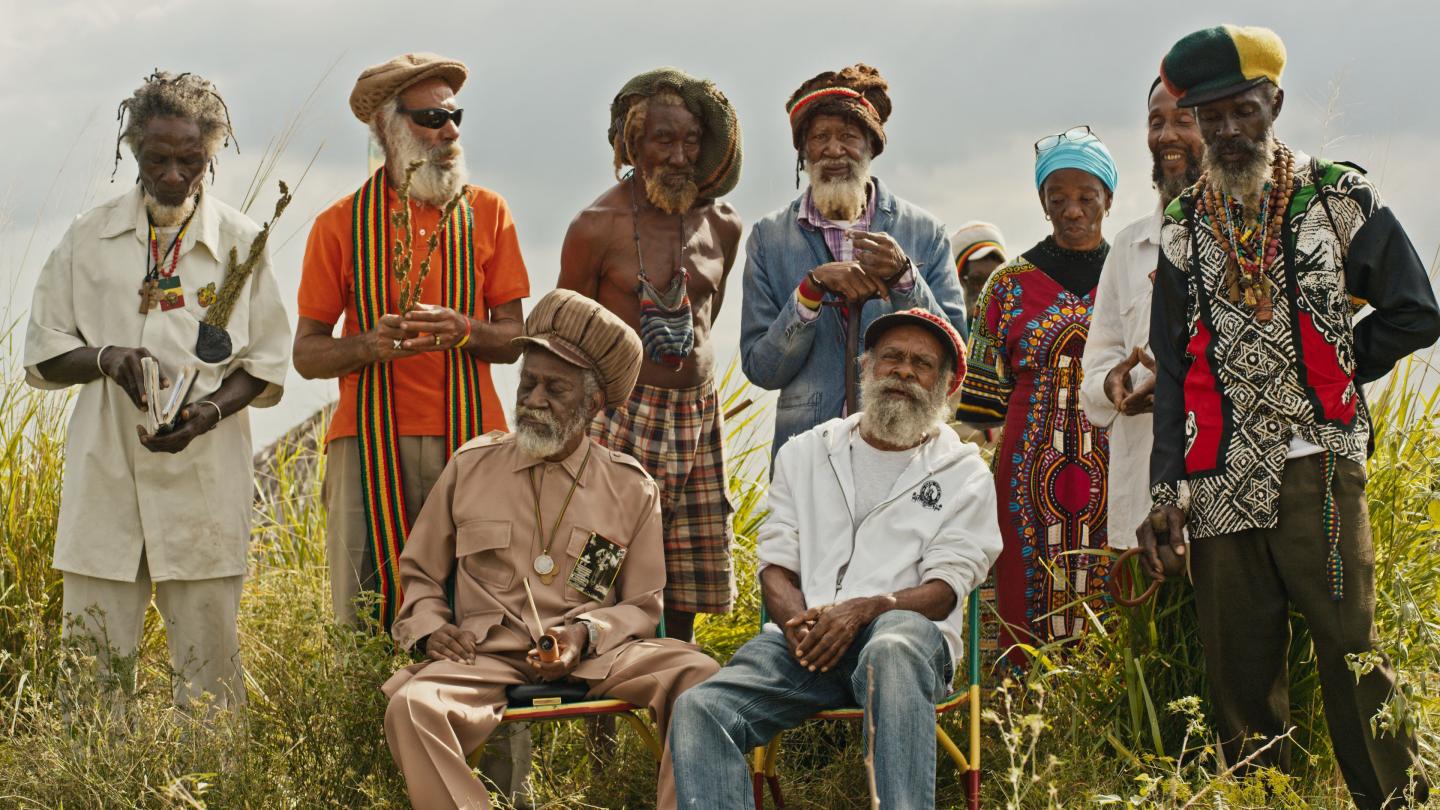Since early May is available for a documentary on Netflix platform called ganja “The Grass Is Greener”, which it focuses on the links between ganja and pop culture, where reggae legend Bunny Wailer involved (Jah B) and Damian “Junior Gong” Marley.
Documentary 90 minutes was led by Fab 5 Freddy and last launched 20 April to celebrate the legalization of marijuana worldwide. Besides Marley and Wailer son, The film features testimonials from rappers Snoop Dogg and B-Real of Cypress Hill. It also discusses the use of ganja by other music legends such as Louis Armstrong and Bob Marley.
For the movie, Fab 5 Freddy Bunny Wailer interviewed in the latter part of 2017 one Sligoville, St. Catherine, an area revered by the Rastafari movement and the pro ganja in Jamaica. Wailer, of 72 years, who defends the legal use of marijuana, He sponsored the first March for the legalization of Ganja in Jamaica 1996.
While, the son of Bunny Wailer, Asadenaki and Blvk H3ro, are the authors of the title track of this documentary that bears the same name “The Grass Is Greener”. the single, Records distributed by Dubshot, It was directed by Chris Schlarb and officially launched last 3 of May.
Schlarb believes the documentary and provide accurate song and Jamaican ganja turn a story. “It tells a story of Rastafari culture and its impact on music and the world. The song was made on set in Pinnacle, which it makes it really cool”, He said. Pinnacle settlement was established by Leonard Howell, considered the “father” Rastafari movement. Pinnacle was a commune where the Rastafari produced art and handicraft items manufactured. They were attacked and chased by the police in 1945, who believed he had a thriving industry in this settlement ganja. The popularity of roots-reggae scene in the early 70 made Bob Marley, Bunny Wailer and Peter Tosh will rise as some of the Rastafari artists who defended in their music legalization of ganja.
Note that this documentary explores how the development of the cannabis industry also discriminates against black society, particularly in cases showing how US blacks are persecuted for possession or consumption of small amounts of cannabis, and as all these new chains companies working with cannabis are mainly led by white people.
Source: Jamaicans.com





















